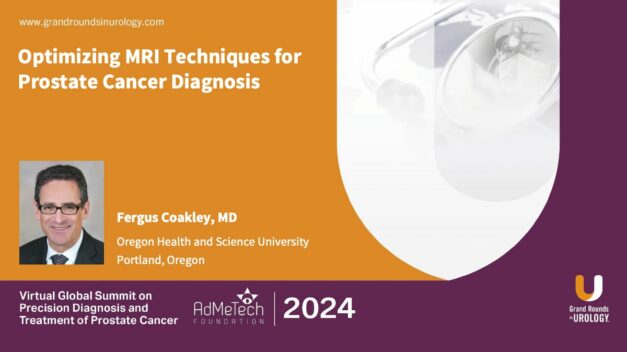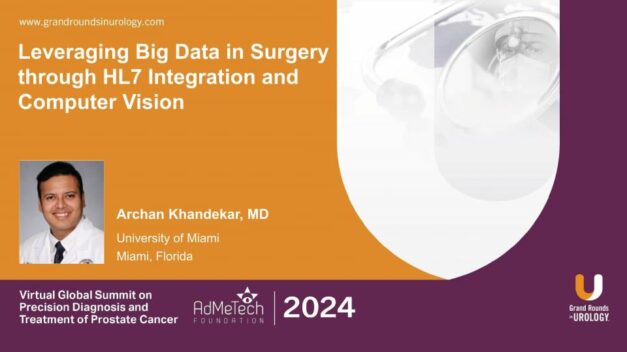MRI PI-RADS Standardization and Clinical Evaluation
Clare Tempany, MB, BCh, BAO, Harvard Medical School, addresses the standardization and clinical evaluation of PI-RADS, a key tool in prostate cancer imaging. In her 13-minute presentation, Dr. Tempany begins by tracing the history of the RADS program, emphasizing its role in reducing variability and improving communication in radiological reporting. She highlights the utility of prostate MRI, focusing on its capacity to aid in detection, characterization, and targeted biopsies for clinically significant cancers.
Dr. Tempany reviews the PI-RADS v2.1 updates, which refine imaging protocols and stress the inclusion of previously overlooked areas like the anterior fibromuscular stroma. She provides examples to illustrate how these improvements enhance lesion detection and biopsy targeting. While discussing the growing interest in bi-parametric MRI, Dr. Tempany remains cautious, advocating for multiparametric MRI in most cases due to its added value for less experienced readers or in challenging cases.
She highlights the global shift toward recommending MRI before biopsy, citing changes in major guidelines and increased adoption rates. Dr. Tempany underscores the ongoing efforts to enhance MRI quality and interpretation, focusing on integrating AI for future improvements.
Read More




